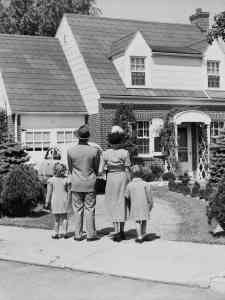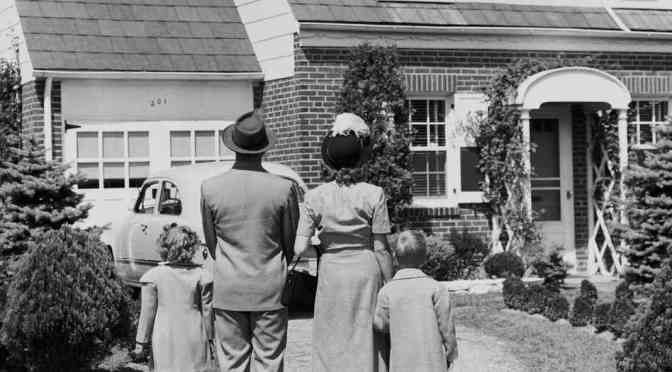 What is the American dream? The white picket fence, nice house, two splendid children (a boy and a girl), and a wonderfully domestic wife to come home to. This is the ideal image that people have strived after for decades, but does it still apply to U.S. society today?
What is the American dream? The white picket fence, nice house, two splendid children (a boy and a girl), and a wonderfully domestic wife to come home to. This is the ideal image that people have strived after for decades, but does it still apply to U.S. society today?
After seeing this vice video about the evolution of relationships in Japan, or the lack of relationships, I felt a little disturbed. The culture there does not revolve around finding your one true love and one day getting married and having kids. Rather, it’s about furthering your own success and only seeking the parts of a relationship that you need, such as someone to talk to, or even cuddle with. Japanese men and women will pay good money for things that I feel American couples take for granted. On the other hand, American relationship culture has evolved in a way that the American Dream doesn’t really even exist any more. As a current college student, I find that relationships are very rare, and when they do happen, they are much easier to abandon than sustain. By which I mean that the divorce rate is 50% these days, where it used to be significantly lower. At least Americans are still attempting marriage where it seems that the Japanese have abandoned it entirely.
These days, I see the “American Dream” shaping up to being an independent, successful person first – significant other, second. People are so afraid of not getting ahead in their careers or being held back because they are in a romantic relationship. And those that do hold true to those ideal beliefs in marriage are considered “traditional” or “old-fashioned”. However, I think that this is the way of the new century. Yes, technology has made it so much easier for people to avoid social interactions, but for those who still believe in the possibility of living life with another human being are still able to thrive in this society. The Japanese can be satisfied by paying for time with a stranger, but I think that Americans are still willing to put themselves out there to meet people and not hide behind their cell phones. Yes, the culture of dating a relationships has changed drastically in the last few decades, but so has the rest of the world. Just because we don’t necessarily live by the ideals of the American Dream, doesn’t mean that we don’t have our own in mind.


I agree with you in that we should put our own values ahead of ourselves and our own aspirations on the front burner, but we are always going to share spaces and values with others, so aren’t relationships beneficial for our own lives?
LikeLike
I think Andrew brings up a good point about about the benefits of relationships. Yes, sure there are a lot of things that a host club or cuddle bar can do to get a synthetic feeling of a relationship, but doesn’t an actual relationship bring with it something that is not replaceable?
There was a post from last week: https://stakeholder11.wordpress.com/2014/10/14/talkin-bout-my-generation/
where Joe referenced a book about why Young Americans are More Miserable than Ever Before, Are these connected?
LikeLike
“These days, I see the “American Dream” shaping up to being an independent, successful person first – significant other, second.” This is an interesting perspective. I had not thought about this, but in past decades it has definitely been that the family came first, meaning spouse and kids. Now, I agree that most of our generation has placed a premium on their career and their fun times while they are young.
LikeLike
I agree that Americans are completely ready to abandon the idea of happily ever after. But, aren’t apps like Tinder and dating websites allowing us to move in the direction of the Japanese? Couldn’t we simply be acclimating to this digital affection more slowly than the Japanese but still be headed in that direction?
LikeLike
My experience among my peers, educated, professional women, is that when kids come, they often opt out of the workforce instead of trying to balance work and career. So, instead of career first, family second, as you describe, it is actually family FIRST and then work if and when they can work it in.
Do you think your generation is that different? You would forego having children to pursue a career?
LikeLike